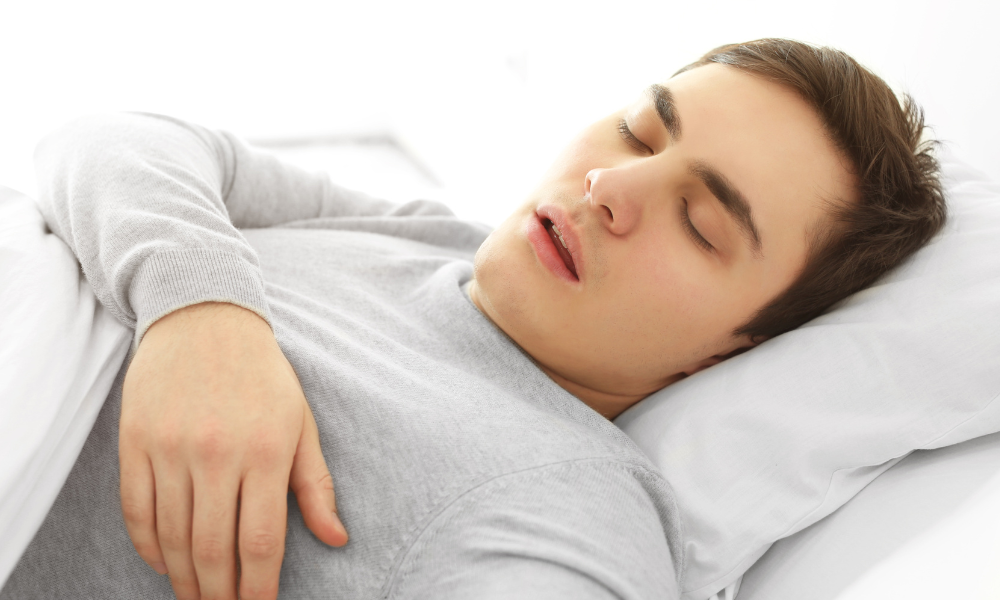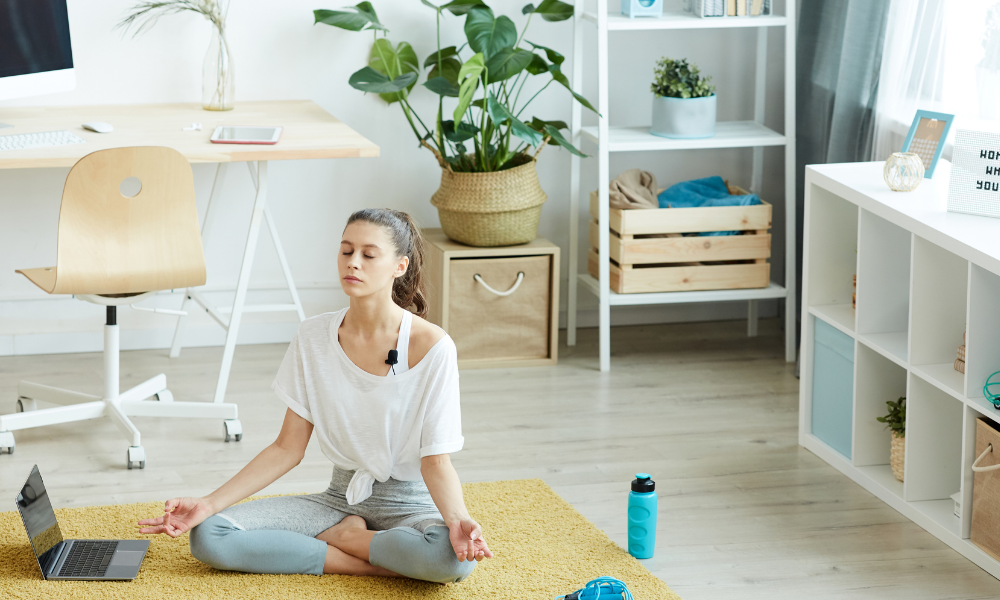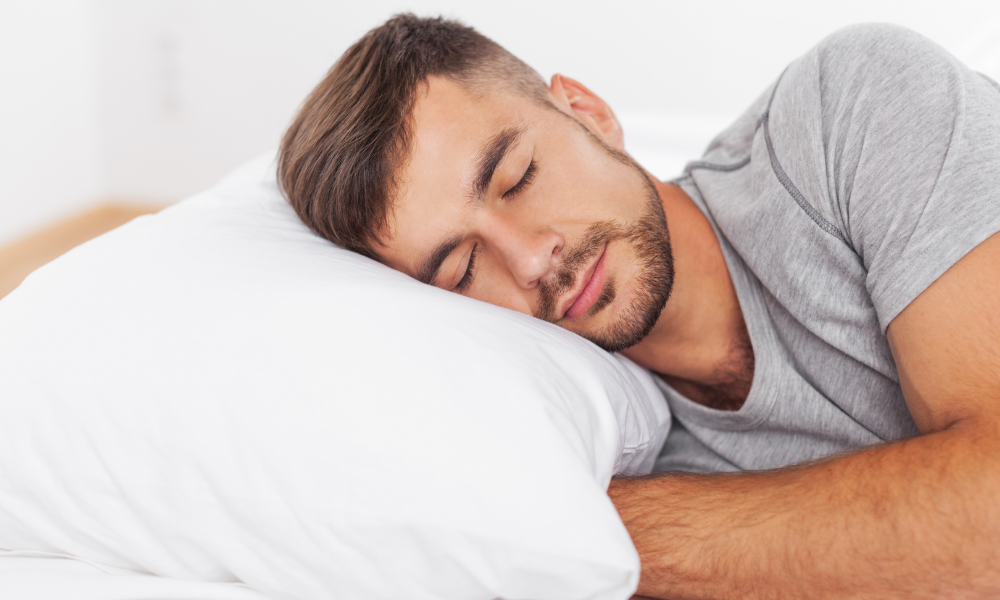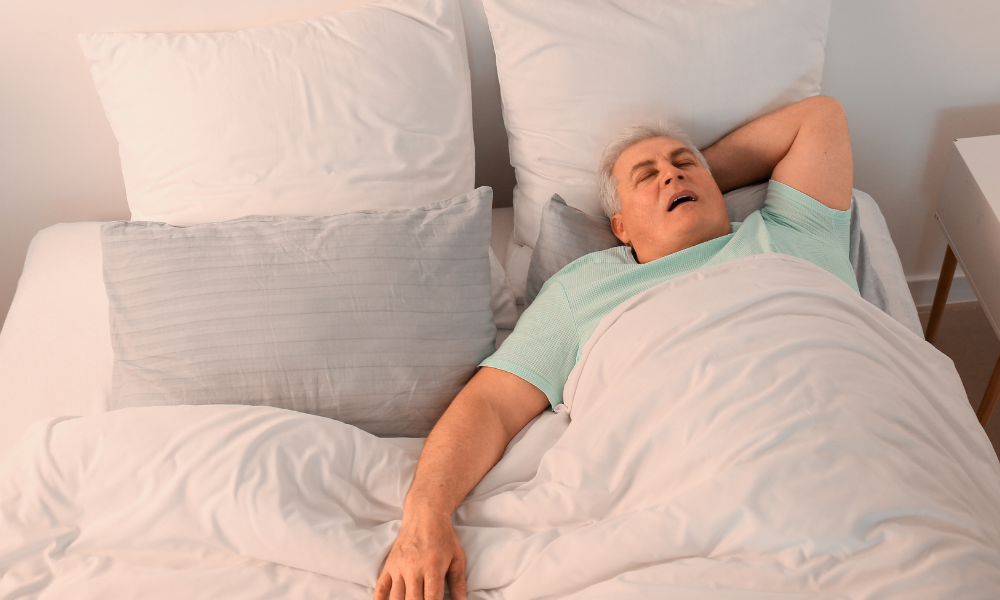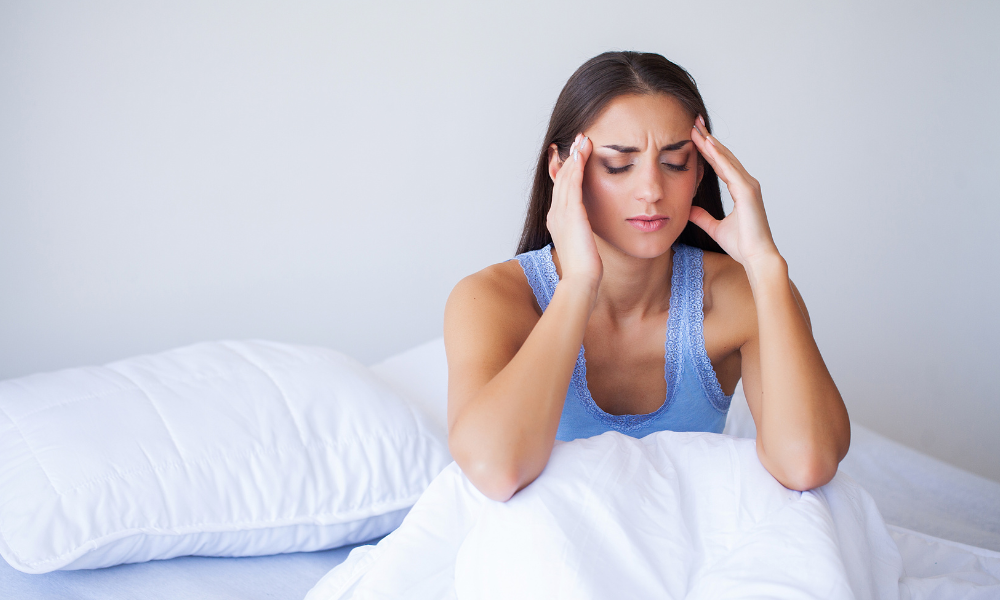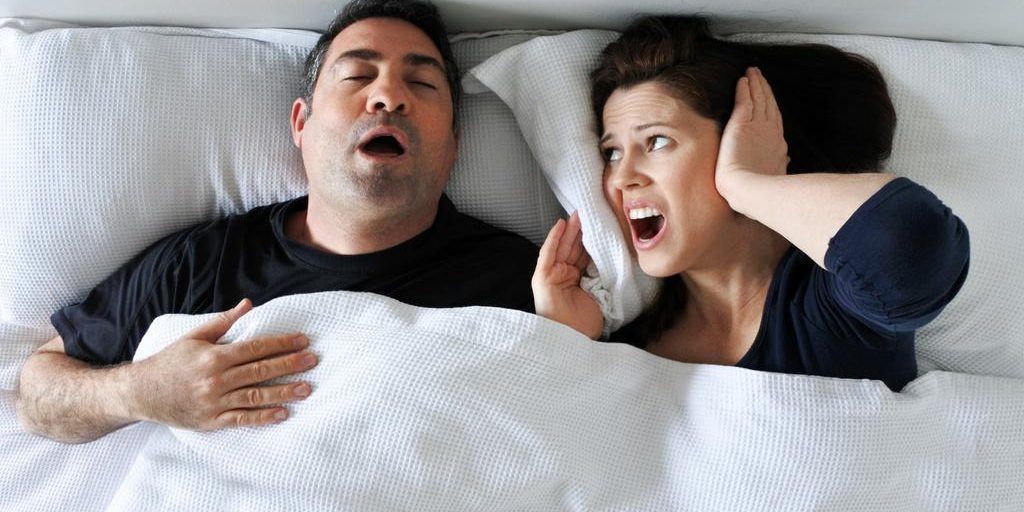
Men and women have different sleeping habits, according to research. Women spend more time in deep sleep than men do, take longer to fall asleep (sleep latency), and spend about 20 minutes more in bed overall. In addition, despite the fact that even the population of women who do not have any disorders reports getting less sleep, research on sleep studies has not been able to identify any proof of this.
Who Needs More Sleep Men Or Women?
In general, men and women both require 7 to 8 hours of sleep per night. However, it has been discovered that women require more sleep than males do because they multitask more frequently using their prefrontal cortex (front of the brain) and because their circadian cycle is shorter. However, men and women might experience the same sleep issues and nighttime unwanted thoughts. It’s crucial to follow proper sleep hygiene to prevent sleep deprivation. This involves avoiding technology an hour before bedtime, sleeping in a darker room, and rising at regular intervals.
The most fundamental distinction between men’s and women’s sleep patterns is their circadian rhythms. Changes in the body, mind, and behavior that occur on a daily cycle are known as circadian rhythms. They typically react to light and darkness in the environment of an organism.
The duration of the circadian clock and its timing, which assist regulate sleep and wake periods, were found to differ significantly between men and women throughout the course of a month-long inpatient sleep period.
These variations include:
Women are more likely than males to go to bed earlier and wake up earlier due to the earlier setting of their circadian clocks. Women demonstrated a greater propensity for action earlier in the day than did males.
In actuality, women’s circadian cycles were six minutes shorter than those of men. Even a small adjustment can have a big impact on daytime energy levels and the amount of sleep each night. Think about a clock that is a few minutes off each day. Those minutes add up quickly over time.
In addition to running earlier and shorter than men’s circadian clocks on average, many more women possessed internal clocks that completed a cycle in less than 24 hours.
Another recent study discovered that women often outperform males when sleep deprived and that they may recover from mild sleep deprivation more quickly when they get restorative sleep.
Women’s rhythms are a little bit shorter than men’s. It’s frequently noted that whereas most males tend to be night owls, many women tend to be morning people. Many ladies discover that they have greater energy throughout the day but are very drowsy at night. However, they have trouble getting the rest they require and wake up early. Women frequently put off going to bed when their bodies are telling them to do so because of their numerous obligations (job, kids, and house).
Do women sleep more than men?
According to studies, women and men have different sleeping habits. Women spend longer periods of deep sleep, which is rejuvenating and improves memory. This has been explained by the divergent rates at which men and women age. Men do not experience the same REM cycle as they did in their youth as they get older.
How Much Sleep Do Women Need?
Women required “20 minutes more shut-eye than the average man,” according to a widely cited Daily Mail report from January 2010. Professor Horne acknowledged in a recent essay that he has never claimed that women genuinely require more sleep. He cites research from 1996 that shows women typically sleep for around 15 minutes longer than males do, with this difference being particularly pronounced in people under the age of 45. Finally, he said, “This is not related to misconceptions linked to the more sensitive constitution, but may very well be attributable to women having more deep or slow wave sleep and a symptom of their having more recuperation during sleep.”
More and more data are showing that the symptoms of sleep disturbances differ between men and women. The majority of American adults—about one-third—do not consistently obtain the recommended amount of sleep. According to the National Institute of Neurologic Disorders and Stroke, over 40 million Americans experience chronic, long-term sleep disorders every year, while an additional 20 million people occasionally have sleep issues.

Sleep Disorders In Women:
Sleep disturbances are more prevalent in women than in men. This is partly brought on by the hormonal changes a woman experiences throughout her lifespan, such as menstruation, pregnancy, and menopause. However, it has been discovered that women tend to experience more sleep interruptions due to their several tasks and obligations. Sadly, women are less likely to seek treatment for sleep issues.
Women are more prone than males to experience insomnia, which leads to higher daytime sleepiness. Women frequently experience RLS (RLS). It is particularly high during pregnancy, but can also occur at other times throughout a woman’s life when her iron levels fluctuate.
Men’s Sleep Disorders:
Obstructive sleep apnea (OSA) is more common in young men than in women. It’s still not entirely clear why this happens, but experts think it might have something to do with the variations in the upper airway and hormones. Compared to women, men typically have larger upper airways. Low testosterone can also lead to poor sleep, and poor sleep can lead to low testosterone. This is a result of research showing a connection between testosterone and sleep apnea.
Men are less likely to seek mental health therapy than women, despite the fact that both genders might experience mental health problems. They may experience sleeplessness as a result of this.
Several treatments for sleep apnea options are available in the sleep center richland if you have sleep apnea, depending on the symptoms you have, how long they’ve been present, and any additional health issues you might be dealing with. A sleep expert can choose the optimal course of treatment after running a few tests. A situation might call for more than one form of treatment to come in to speak with us about sleep apnea solutions Richland.


